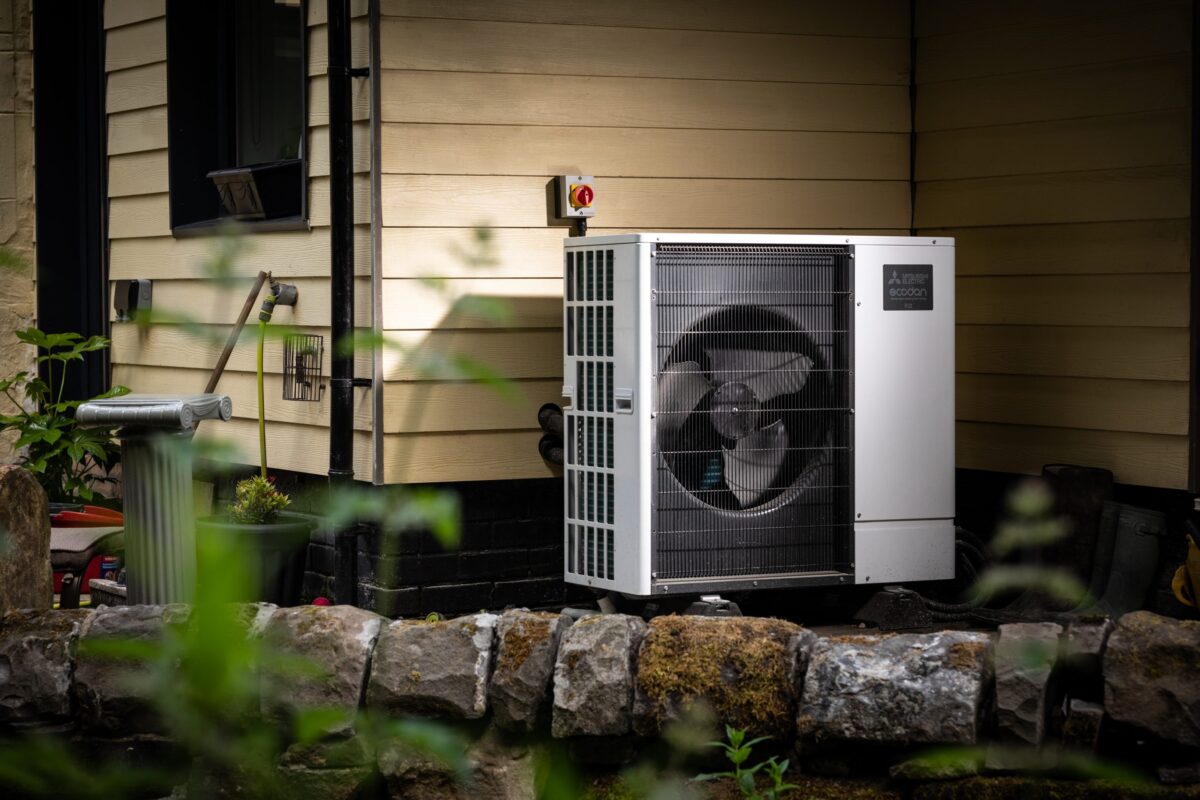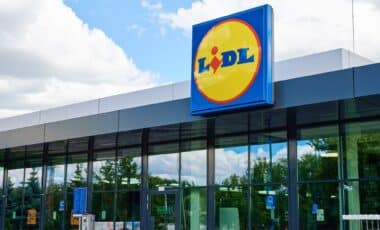The UK is aiming to slash greenhouse gas emissions by 87% by 2040, according to the independent Climate Change Committee (CCC).
A significant portion of the reduction—around a third—will rely on changes in household behaviour, from home heating to transport and diet.
This ambitious plan aligns with the country’s legally binding net zero targets and requires widespread shifts in daily life.
Home Heating and Transport: Shifting to Low-Carbon Alternatives
A major part of the emissions reduction strategy involves heating homes with electric heat pumps instead of gas boilers. According to the CCC, half of UK homes will need to be fitted with heat pumps by 2040, compared to just 1% in 2023.
The rollout will require a dramatic increase in installations, rising from 60,000 per year in 2023 to 1.5 million by 2035.
Although the switch could save £700 annually on energy bills by 2050, the upfront cost remains a barrier for many households. The CCC also ruled out hydrogen boilers, citing inefficiencies in their use for home heating.
Transport emissions are also a key focus. The committee projects that three-quarters of cars and vans on UK roads will be electric by 2040, up from 2.8% of cars and 1.4% of vans in 2023. Government policies, including bans on new petrol and diesel vehicle sales, are expected to drive this transition.
The CCC notes that electric cars are already cheaper to run and maintain, with new models expected to reach price parity with petrol vehicles by 2026-2028.
However, the shift requires an expansion of charging infrastructure and a boost in renewable energy production to meet rising electricity demand.
Aviation, Diet and Everyday Habits: Reducing Emissions at Home
The CCC recommends measures to curb aviation emissions, including managing flight demand and increasing the use of sustainable aviation fuels. Higher costs are likely, with a return flight to Alicante rising by £150 and a round trip to New York increasing by £300 by 2050.
A frequent flyer levy has also been suggested, though concerns remain about fairness for families who take occasional holidays.
Changes in dietary habits are another area of focus. The CCC calls for a 25% reduction in meat consumption and a 20% cut in dairy intake by 2040 to free up land for tree planting and peatland restoration.
This would result in a 27% decline in sheep and cattle numbers, though some farmers argue that UK livestock farming has lower emissions than overseas alternatives.
Other household measures include better insulation, switching to electric induction hobs, and reducing car journeys through public transport, cycling, and walking. While the transition may pose challenges, the CCC argues that household action will be essential in reaching the UK’s 2040 emissions target.









